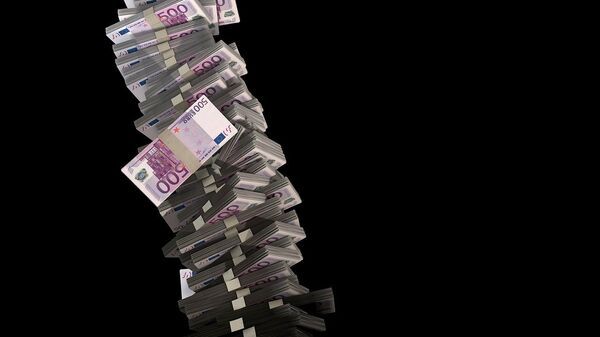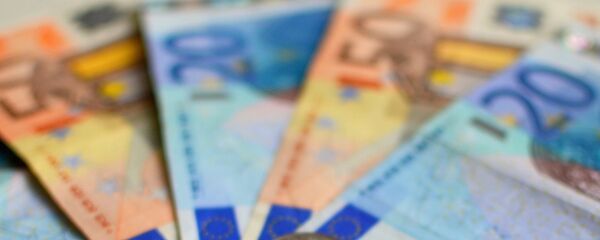MOSCOW (Sputnik) — Giving a lecture to the Brussels Economic Forum, Draghi proposed three economic policy priorities for the Eurozone to boost employment and productivity in order to raise Europe's economic potential.
These included closer EU integration to promote the diffusion of knowledge and skills, reforming judicial systems and bankruptcy laws and investing in human capital.
"Given the interactions between policies that I have described, it is in everyone’s interest that the various strands of policy buttress each other – if only because that would shorten the time it takes for each to produce its effects. And that would mean that we can bring growth back to potential before potential itself becomes damaged," Draghi said.
Fiscal policy should not be available only to countries with a strong budget, but should be widely available as a policy tool even to governments facing budget deficit problems, he added.
The Eurozone area's growth has been below 2 percent since 2011, after it briefly exceeded the 2 percent mark in 2010 in the wake of the 2008 crash. The ECB has been implementing expansionary monetary policies, dipping its interest rate into the negative and boosting its quantitative easing program from 60 billion euros ($65.8 billion) to 80 billion euros of monthly asset purchases.





